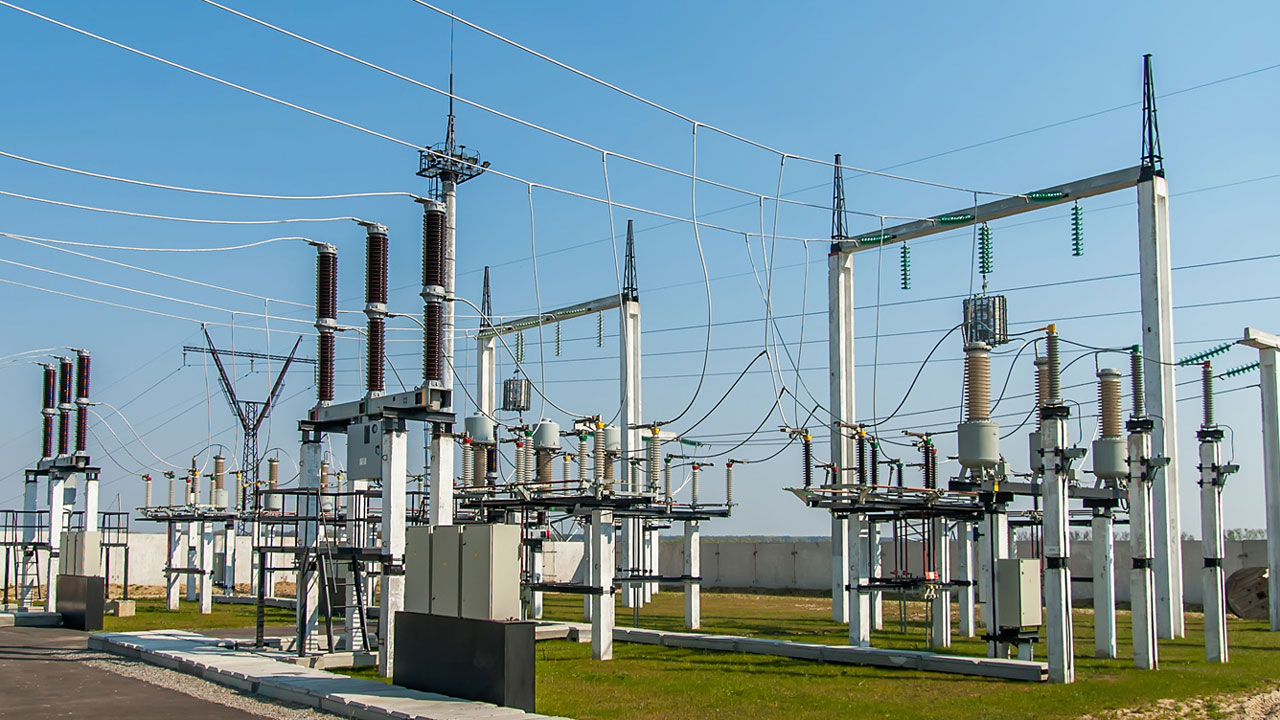Khalid Masood Khan
Power sector reforms are initiatives taken by a government to improve the efficiency and effectiveness of the power sector in a country. These reforms are especially critical for developing countries, where access to electricity is a major challenge for the majority of the population.
In Pakistan, the power sector is grappling with pressing issues, including high transmission and distribution losses, low generation capacity, and chronic circular debt. Urgent and comprehensive power sector reforms are crucial to introduce measures that can enhance the generation, transmission, and distribution of electricity.
One of the key objectives of power sector reforms is to increase the generation capacity of a country. This can be achieved by promoting renewable energy sources such as solar and wind power, which are sustainable, environmentally friendly, and can provide energy security. The government can incentivize private investment in renewable energy projects by offering tax incentives, subsidies, and other benefits.
Another critical area of power sector reform is the modernization of the transmission and distribution network. The transmission and distribution network must be upgraded to improve efficiency and reduce losses. This can be achieved through the use of modern technologies such as smart grids, which can help to monitor and manage the flow of electricity more effectively.
Privatization of power distribution companies is another essential feature of power sector reforms. Privatization can help to improve the efficiency of the distribution companies by introducing competition and promoting innovation. When distribution companies are privatized, they become more accountable to their shareholders and customers, leading to greater customer satisfaction and better service.
Power sector reforms can also help to address the issue of circular debt, which is a significant challenge in many developing countries. Circular debt refers to the accumulation of unpaid bills by the distribution companies, which in turn leads to unpaid bills by the generation companies. Power sector reforms can introduce measures to improve the efficiency of billing and collection processes, which can help to break the cycle of circular debt.
In conclusion, power sector reforms hold immense potential for the sustainable development of a country. They can significantly boost the generation capacity, enhance the efficiency of the transmission and distribution network, and effectively address the issue of circular debt. Moreover, these reforms can attract private investment, foster innovation and competition, and elevate the quality of service for customers. Therefore, it is imperative for developing countries to prioritize power sector reforms to ensure access to reliable and affordable electricity, which is a catalyst for economic growth and social development.
The circular debt of the energy sector in Pakistan is a grave issue that is inflicting significant damage on the national economy and its fiscal sustainability. This issue, which has persisted for years, is a result of incompetence, mis-governance, and a lack of transparency in acknowledging and addressing the key facts and their consequences.
The total installed power generation capacity in Pakistan is 46,000 MW, which is divided into four main categories: thermal power, hydropower, renewable energy, and nuclear energy. Thermal power accounts for the largest percentage of the installed capacity, with 28,000 MW or 63%. On the other hand, hydropower accounts for 22% of the total capacity, nuclear energy accounts for 8%, while renewable energy only accounts for 6.5%.
One of the primary causes of the circular debt is the successive governments’ policy of increasing the installed base of thermal power generation without conducting a fair power supply and demand analysis. As a result, more than half of the installed power generation capacity is lying idle. This has contributed to the high cost of electricity in the country, which is one of the most expensive in the region.
Another significant contributor to the circular debt is the level of power distribution companies’ losses and pilferage. It is estimated that around 15 to 30% of the electricity produced is pilfered, valued at Rs 380 billion in FY 2022-23. This figure is expected to increase to Rs 520 billion in FY 2023-24.
The power purchase agreements made by the governments with independent power producers have also been a significant issue contributing to the circular debt. These agreements were not made in the public interest and have added over-capacity in generation on an under-capacity distribution system at an unaffordable price for the public and industry. As a result, demand has shrunk, and capacity payments to IPPs are too open-ended, liberal, and not transparent enough.
The circular debt issue is unsustainable and will continue to haunt the nation unless dramatic measures are taken in the public interest. The government has been managing the circular debt by repeatedly increasing electricity tariffs, which has penalized the industry and the consumers at large. This has become less viable as the industry, including the export industry, finds it difficult to compete due to high energy and lender costs.
To address the issue, the government needs to not just acknowledge, but also act decisively on the inescapable facts, including the need to increase the renewable energy percentage, recognize the importance of hydropower generation capacity, and negotiate the termination of agreements with independent power producers. The government should also seriously consider privatizing public sector power distribution companies to improve efficiency and reduce losses. It’s time for bold and decisive action to steer the energy sector in the right direction.
Therefore, the circular debt of the energy sector in Pakistan is not just a significant problem, but a ticking time bomb that requires immediate attention and action. It is high time for the government to take the necessary measures to address the issue and ensure the sustainability of the energy sector and the national economy, before it’s too late.
















